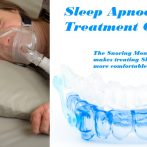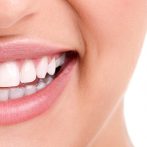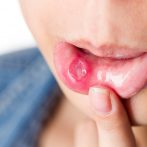What’s a Snoring Mouthpiece? I’m Glad You Asked!
What Is A Snoring Mouthpiece? A snoring mouthpiece is a non-invasive, comfortable and affordable option for treating moderate sleep problems and disorders. If you snore, wake up feeling tired, constantly feel fatigued, or suffer from broken sleep, a snoring mouthpiece can be a simple and effective way to treat your sleep issues and help you say goodnight to interrupted sleep. How do snoring mouthpieces work? A snoring mouthpiece is an oral appliance, which positions the lower jaw forward. Moving the lower jaw forward allows the back of your throat to open, preventing your airway from collapsing during sleep and reducing your ability to snore. The mouthpieces can be customised and your dentist can assist you to ensure your snoring mouthpiece fits comfortably within your mouth. The devices are user friendly and easy to insert and remove. Why a snoring mouthpiece? When it comes to treatment options for sleep issues and disorders, snoring mouthpieces are the least invasive treatment option available. Alternatives to snoring mouthpieces include the Continuous Positive Airway Pressure (CPAP) machine, which some find difficult to sleep with and intrusive. The other option is surgery. Snoring mouthpieces are an effective anti-snoring solution and proven to treat moderate sleep apnoea and similar sleep disorders. Sleep apnoea Snoring can be a warning sign of a serious condition known as obstructive sleep apnoea. If you have obstructive sleep apnoea you can stop breathing while sleeping from 10 seconds to more than a minute due to your airway collapsing. This results in broken sleep leaving you feeling tired when you wake and exposing you to the risk of accident and injury due to fatigue. Sleep apnoea and other sleep disorders are serious and can be associated with high blood pressure, diabetes, stroke and heart attack. What are the symptoms of obstructive sleep apnoea? Obstructive sleep apnoea symptoms include gasping or choking at times during sleep, excessive tiredness during the day and fatigue related issues, and fractured teeth and fillings. Sleep disorder diagnosis Medibyte Home Sleep Testing Equipment allows you to undergo an analysis of your sleep experience from the comfort of your own home. The overnight sleep test can diagnose sleep disorders, including sleep apnoea, and assess whether it is mild, moderate or severe. Your dentist can then recommend the best course of action for treatment, with snoring mouthpieces the recommended treatment for moderate sleep apnoea. Contact Robert Duhig today on (07) 3269 2443 to find out how a snoring mouthpiece can help...
Read More



